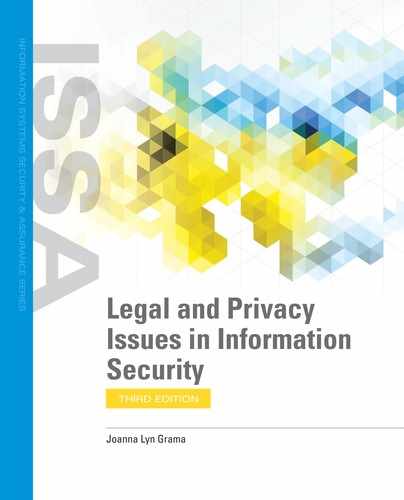Business Challenges Facing the Healthcare Industry
The healthcare industry faces many of the same privacy and security challenges as other industries. The difference is the type of data that is used. The healthcare industry collects consumer financial and personal health information. Healthcare providers collect consumer financial information to make sure that consumers pay for medical goods and services. They collect health information to provide these goods and services. Many people consider health information to be very sensitive.
The healthcare industry often collects data from several sources and stores this data in electronic form. For example, hospital computer systems contain notes from hospital employees and primary care physicians. These systems may also record data from equipment and medication tracking systems that can be linked to individual patients. Health insurance companies collect and combine patient data from different providers. It is important for organizations to maintain the security of computer systems that hold health data. Patients demand that this data be protected. Unfortunately, health information often is compromised in data breaches, which can cause problems for healthcare consumers.
![]() NOTE
NOTE
In November 2018, Anthem, Inc. agreed to pay $16 million to settle allegations that it violated federal laws that protected patient records. Anthem is one of the largest health benefit companies in the United States. The health information of 79 million people was exposed in a series of cyber attacks that targeted Anthem in 2014 and 2015.1
Health information can be exploited and used improperly. One such crime is medical identity theft, a specialized type of identity theft in which thieves steal a person’s name and other parts of his or her medical identity. They then use this information to get medical services or goods. When the thief gets health care, providers may add treatment notes about the thief on the victim’s medical record. The thief can use personal information obtained from health records to steal health insurance information and make a false claim for healthcare services. Unpaid medical charges could end up on the victim’s credit report.
FYI
A 2015 study by the Ponemon Institute estimated that victims of medical identity theft pay, on average, almost $13,500 in costs linked to the theft.2
Medical identity thieves are not exclusively computer hackers or members of organized crime rings. Healthcare providers, such as doctors, dentists, and hospital employees, also can be identity thieves. In 2003, for example, an employee at a cancer center stole the identity of a center patient. The identity thief was sentenced to 16 months in prison and ordered to pay restitution.3
In 2019, a medical clinic office worker was arrested on charges of identity theft and wire fraud. The office worker’s job gave her access to patient medical information, which she stole and sold. She was caught when she tried to sell the stolen patient information to a law enforcement officer. A search of her home and vehicle when she was arrested turned up stolen information on 113 patients. The office worker pleaded guilty to the charges in January 2020 and was sentenced to 4 years in federal prison.4
Medical identity theft is very serious, as it can damage a victim’s finances with false insurance claims for services. Similar to regular identity theft, victims must spend time and money resolving payment disputes and credit issues. It also can affect payment for a victim’s future medical care. If a thief’s medical information becomes a part of the victim’s medical record, the victim may not qualify for some medical insurance benefits.
Medical identity theft also can harm a person’s physical safety. In this crime, healthcare providers enter diagnoses and treatment notes about the identity thief onto a victim’s medical record. If doctors rely on those false notes later, they could give a victim an erroneous diagnosis. If false health information concerns life-threatening conditions, a victim could even be killed by an incorrect course of treatment.
Medical identity theft is a problem because it can be hard to correct false information in a medical record. Because health information is shared electronically for several purposes such as treatment and payment, it can be hard to determine all of the places where false information must be corrected.
